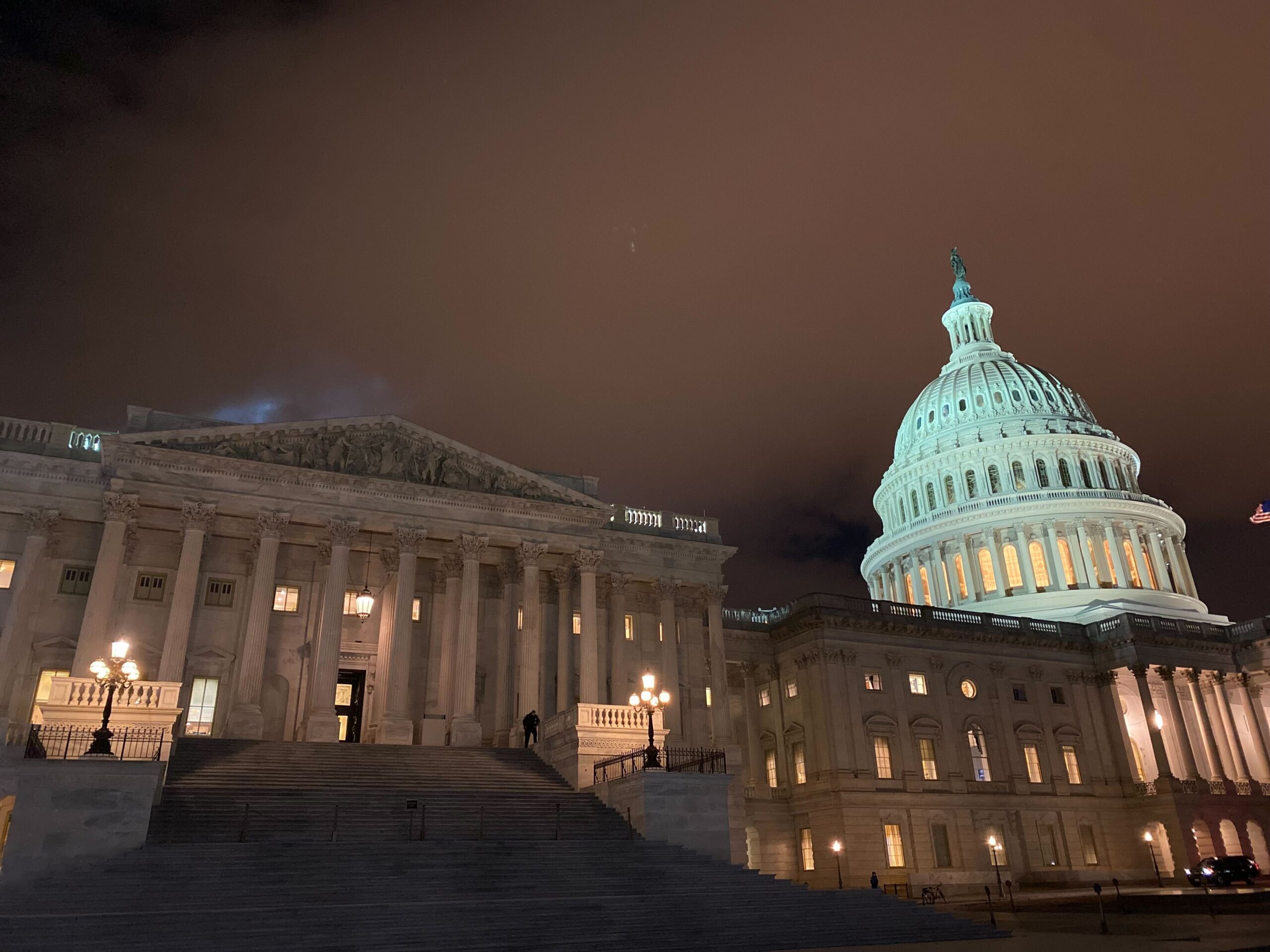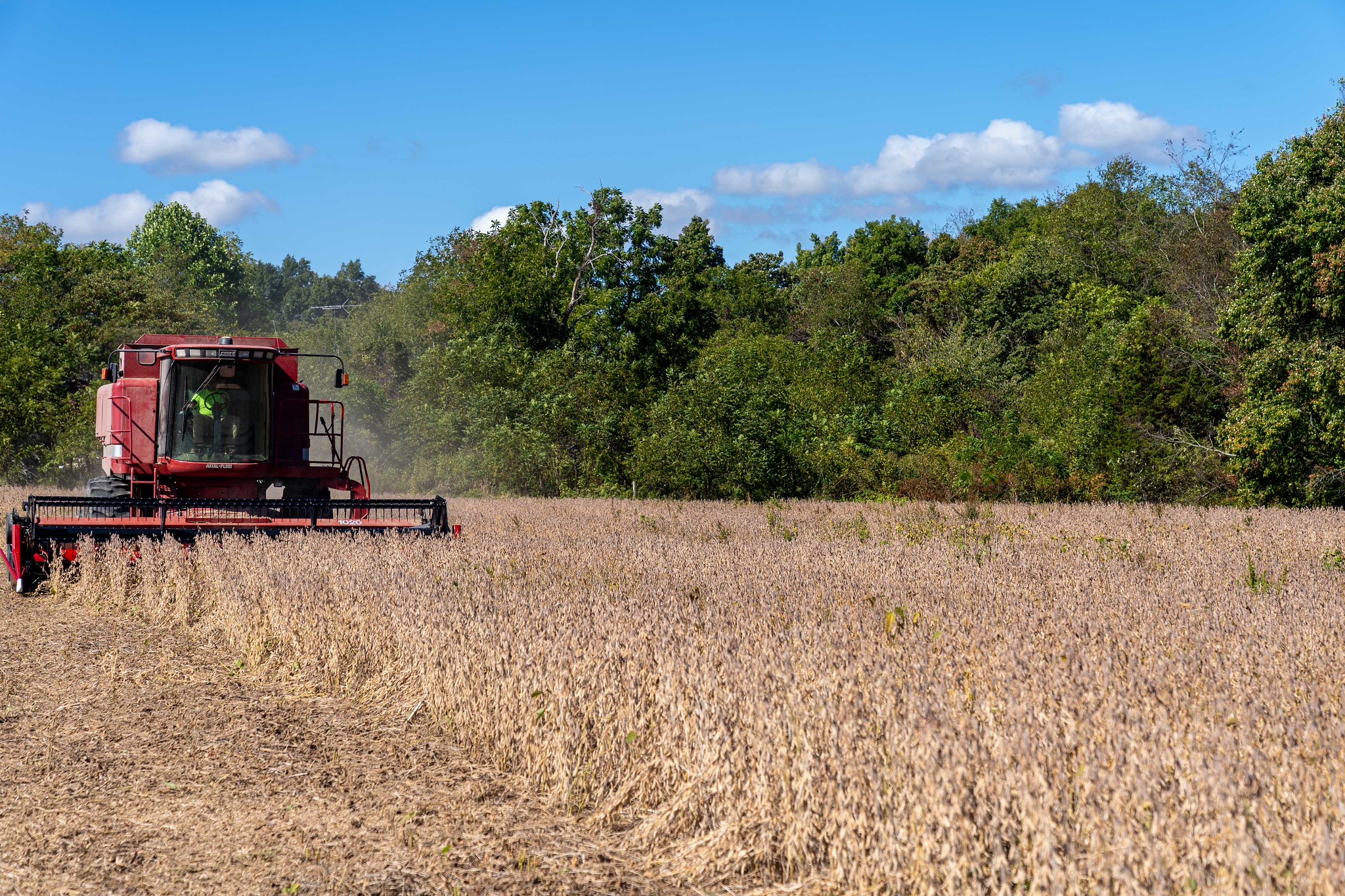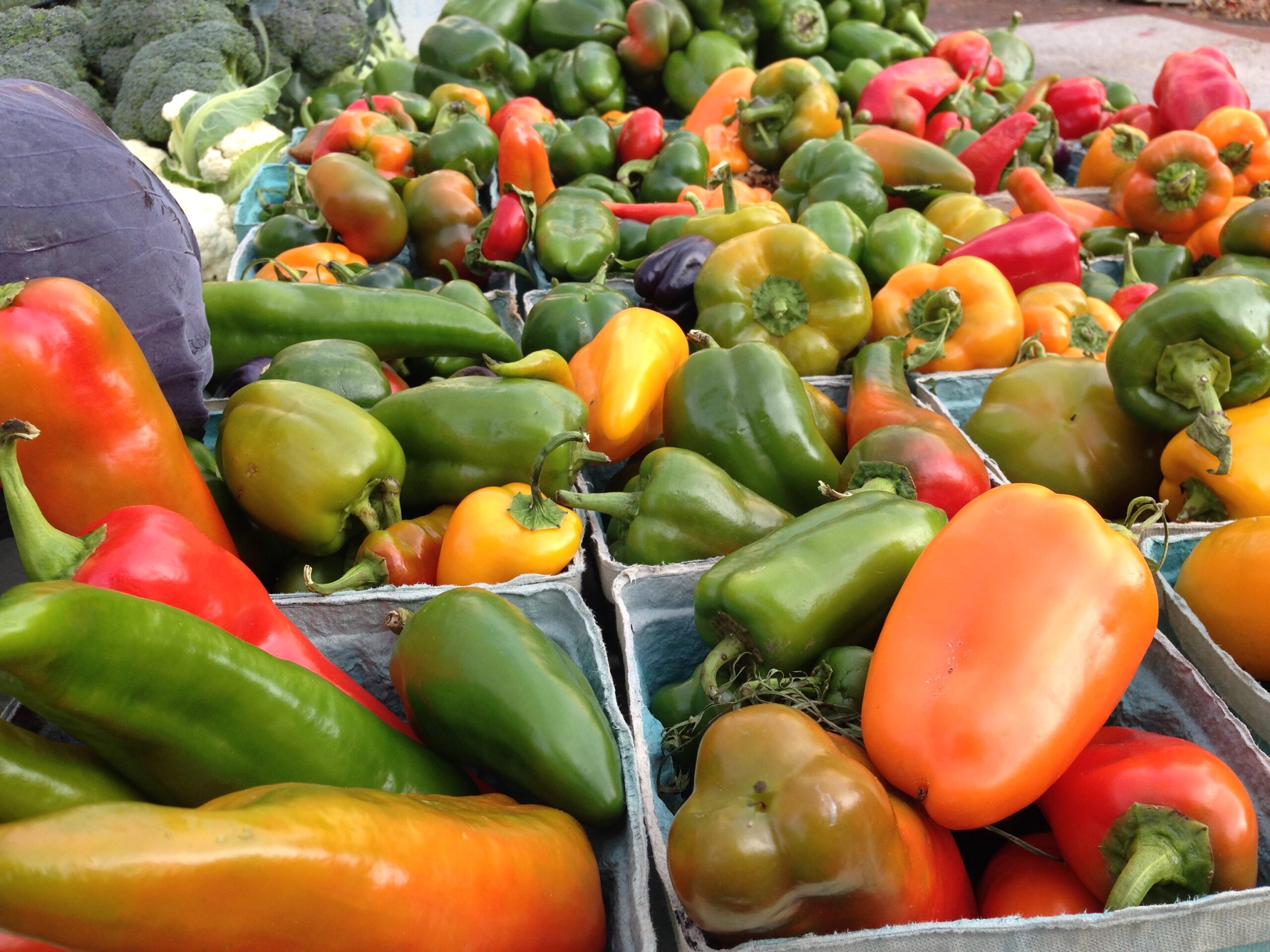
Maryland Agriculture Secretary Joseph Bartenfelder and his counterparts from the five other Chesapeake Bay states are seeking a sit-down with U.S. Agriculture Secretary Tom Vilsack to discuss a proposal to pump extra federal funding into a concerted effort to clean up the Bay.
Bartenfelder and the five other state government agriculture officials are embracing a proposal from the Chesapeake Bay Commission to create a Chesapeake Resilient Farms Initiative, which would tap $737 million in federal funding over the next decade to help clean up nutrient and sediment pollution from farms in the Chesapeake Bay watershed.
In their letter to Vilsack, dated Aug. 25, the state leaders noted that federal cleanup mandates for the Bay, which provide goals for each state in the watershed, must be met by 2025, and that 80% of the remaining pollution reductions the federal government is seeking are being imposed on the agricultural sector. The officials said states would find it easier to meet their cleanup goals with dedicated federal funding that aids farmers.
“We know we have a receptive audience for voluntary cost-share programs designed to achieve these restoration goals,” Bartenfelder and his counterparts from West Virginia, Virginia, Delaware, New York and Pennsylvania wrote. “What we lack is the necessary capacity, both human and financial.”
The officials said new sources of funding would be needed to meet Chesapeake Bay cleanup goals, and suggested that the U.S. Agriculture Department was uniquely equipped to help them find it.
Modeled after the Mississippi River Basin Healthy Watersheds Initiative, which Vilsack created in 2009, the Chesapeake Resilient Farms Initiative would pool various federal agricultural funding programs and target them for Bay cleanup.
“This funding would primarily target those sub-watersheds — particularly the Susquehanna River — known to have the greatest influence on the Chesapeake Bay and offer the most cost-effective solutions,” the agriculture leaders wrote to Vilsack. “This is particularly true in Pennsylvania, where agriculture is heavily concentrated and the rural nature of the Susquehanna River watershed means agriculture is the dominant source of excess nutrients in the Commonwealth’s waters.”
Pennsylvania Gov. Tom Wolf (D) endorsed the idea on Tuesday. He said a regional initiative would help farmers and regulators create more sustainable agriculture practices that reduce nitrogen output, improve water quality, and would mitigate the impacts of climate change on agriculture.
“Last week, we all saw the devastating and deadly impacts of climate change as Hurricane Ida swept across our nation,” Wolf said.
“Farmers are waiting to jump into action,” he added. “We just need support, as was provided to the Mississippi River Basin, to get moving.”




 Creative Commons Attribution
Creative Commons Attribution